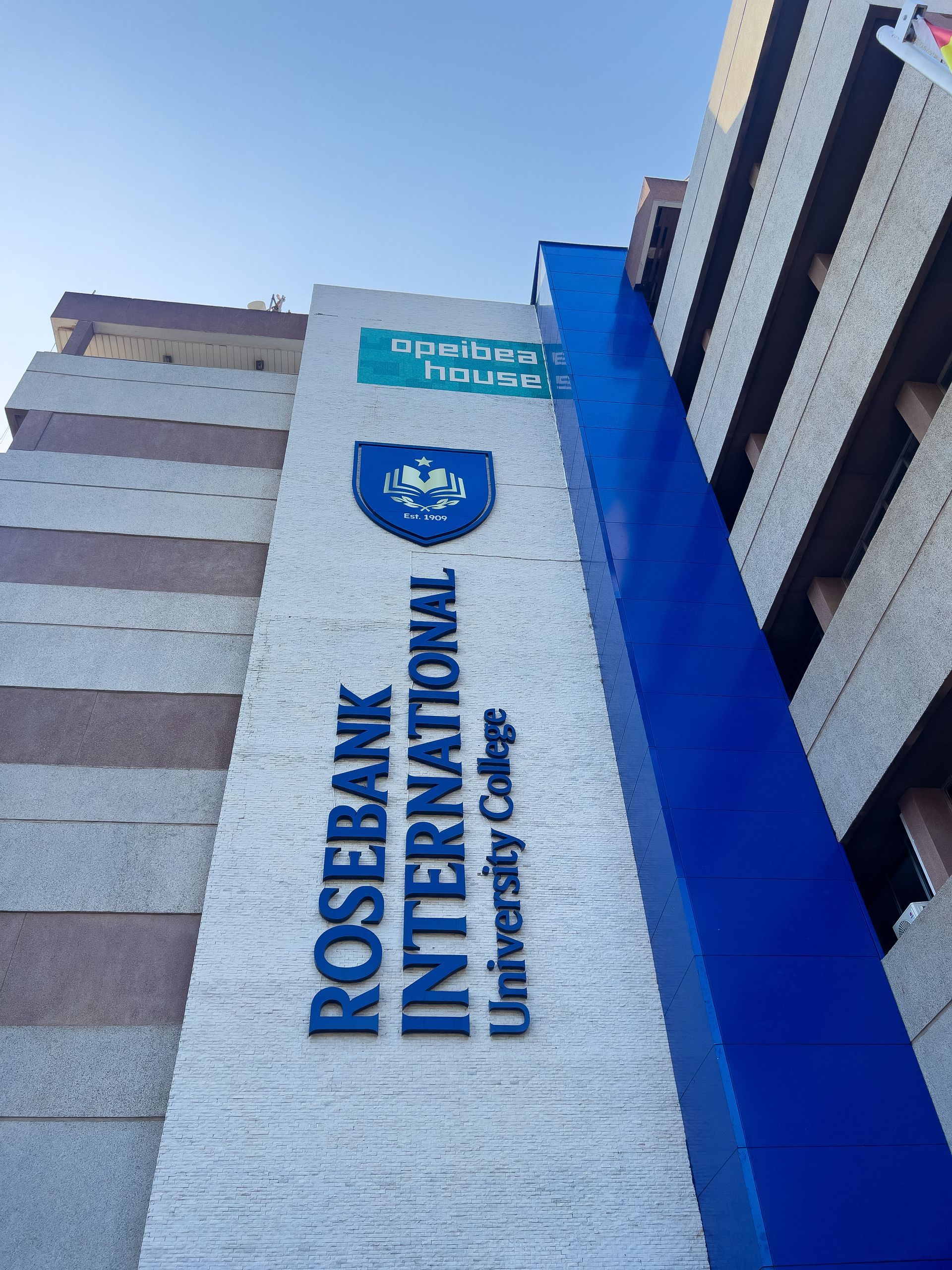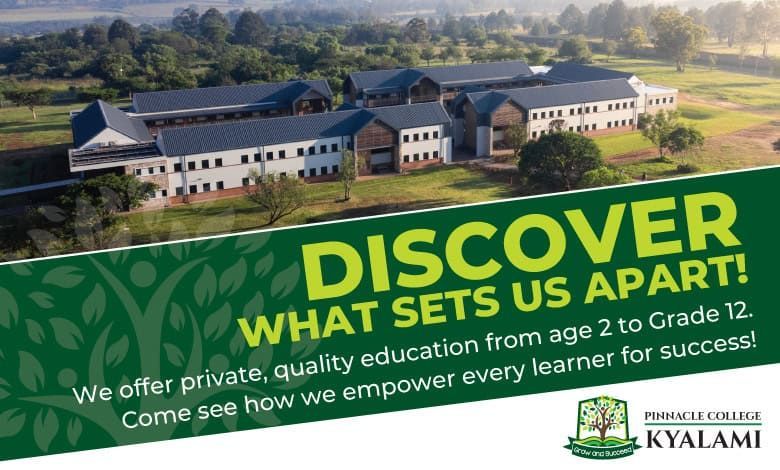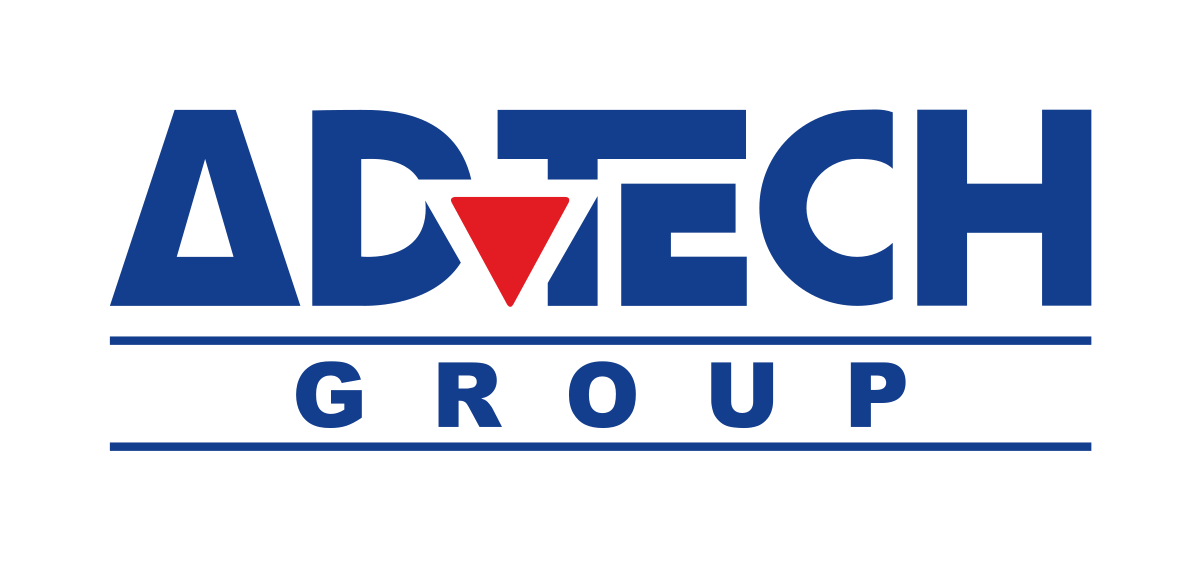Mapping your matric path: guide to navigating subject selection in grade 9
Grade 9 students are currently nearing a critical milestone in their educational journey: selecting the subjects they’ll study from Grade 10 through to their final Matric exams. This choice is a foundational step in shaping their academic journey and future career opportunities, an education expert says.
“Even if you’re unsure about what you want to pursue after school, thoughtful planning can help you make informed decisions that keep your options open,” says Wonga Ntshinga, Senior Head of Programme: Faculty of ICT at The Independent Institute of Education, SA’s largest and most accredited private higher education provider.
Ntshinga says while making decisions about subject selection can be daunting, it is an important process that will impact both performance and options down the line, and as such, careful consideration must be given to ensure that students choose as well as possible based on their unique strengths and interests.
“The subjects you select for Grade 10 to 12 will influence your performance in the National Senior Certificate (NSC) exams. These choices will also affect your eligibility for further studies and certain career paths. The transition from Grade 9 to Grade 10 is significant because your subject combination lays the groundwork for your future academic and professional opportunities. By choosing wisely, you can position yourself for success in Matric while maintaining flexibility for your post-school plans,” Ntshinga says.
KEY FACTORS TO CONSIDER WHEN CHOOSING SUBJECTS
- Align with your interests and strengths
Select subjects you enjoy and where you perform well. Choosing subjects that spark your curiosity will keep you motivated, even when the work gets tough. Reflect on your academic strengths—do you excel in logical subjects like Mathematics or creative ones like Dramatic Arts? For instance, if you’re skilled at problem-solving, subjects like Accounting or Information Technology might be a good fit. - Keep your options open
If you’re uncertain about your future career, prioritise subjects that provide versatility. Broadly applicable subjects like Mathematics, Physical Sciences, or Geography equip you with skills like critical thinking and numeracy, which are valued across many university programmes and industries. Avoid choosing subjects solely because they seem easier, as this could limit your opportunities later. For example, many science and engineering degrees require Mathematics and Physical Sciences, not Mathematical Literacy. - Explore career and study requirements
Even without a clear career goal, research the subject requirements for fields you might consider. For instance, medicine demands Mathematics, Physical Sciences, and Life Sciences, while careers in law benefit from subjects like History or English for their focus on analysis and communication. Check university admission criteria for programmes that interest you. Consulting with a career advisor or attending university open days can also clarify which subjects align with in-demand fields. - Consider emerging trends
The job market is evolving at an unprecedented pace, with growing opportunities in technology, healthcare, and sustainability. Subjects like Mathematics, Physical Sciences, or Information Technology can prepare you for these high-demand areas. Thinking about future industries can guide you toward subjects that position you for long-term success.It is particularly important to consider career paths outside of the historically popular 3-4 year staple degrees. These days there is a vast array of options geared towards high-in-demand specialities that are industry-aligned. Investigate your higher education options more widely, as you may find the perfect fit for you, that didn’t even exist a few years ago. - Aim for balance
Choose a subject combination that challenges you while allowing you to achieve strong results. Including one or two subjects where you can excel can boost your overall Matric performance, which is critical for university admissions. For example, pairing a rigorous subject like Physical Sciences with a more manageable one like Life Sciences creates a balanced load in terms of leaving doors open while also allowing for a great Matric finals performance. - Decide between Mathematics and Mathematical Literacy
Choosing between Mathematics and Mathematical Literacy is a pivotal decision. Mathematics is required for fields like engineering, science, or commerce, while Mathematical Literacy suits humanities or vocational paths. If you’re unsure, Mathematics is the safer choice, as it qualifies you for a wider range of university programmes. If Mathematics feels challenging, discuss with your teacher whether extra effort or support could help you succeed over the next three years.
“When making subject choices in Grade 9, it is helpful to start from where you want to be in 4 years’ time, and then reverse engineer how you might get there,” Ntshinga says.
“Consult teachers, career counsellors, or student advisors at universities both public and private for tailored guidance. Teachers can assess your academic strengths, while counsellors and student advisors can explain how subjects connect to career paths.
“Also consider going to university Open Days. Although you don’t yet have to decide what to study, you are almost certain to gain highly valuable insights into your options after school, as well as gaining helpful advice and insights from professionals on campus.”
ADvTECH Updates











